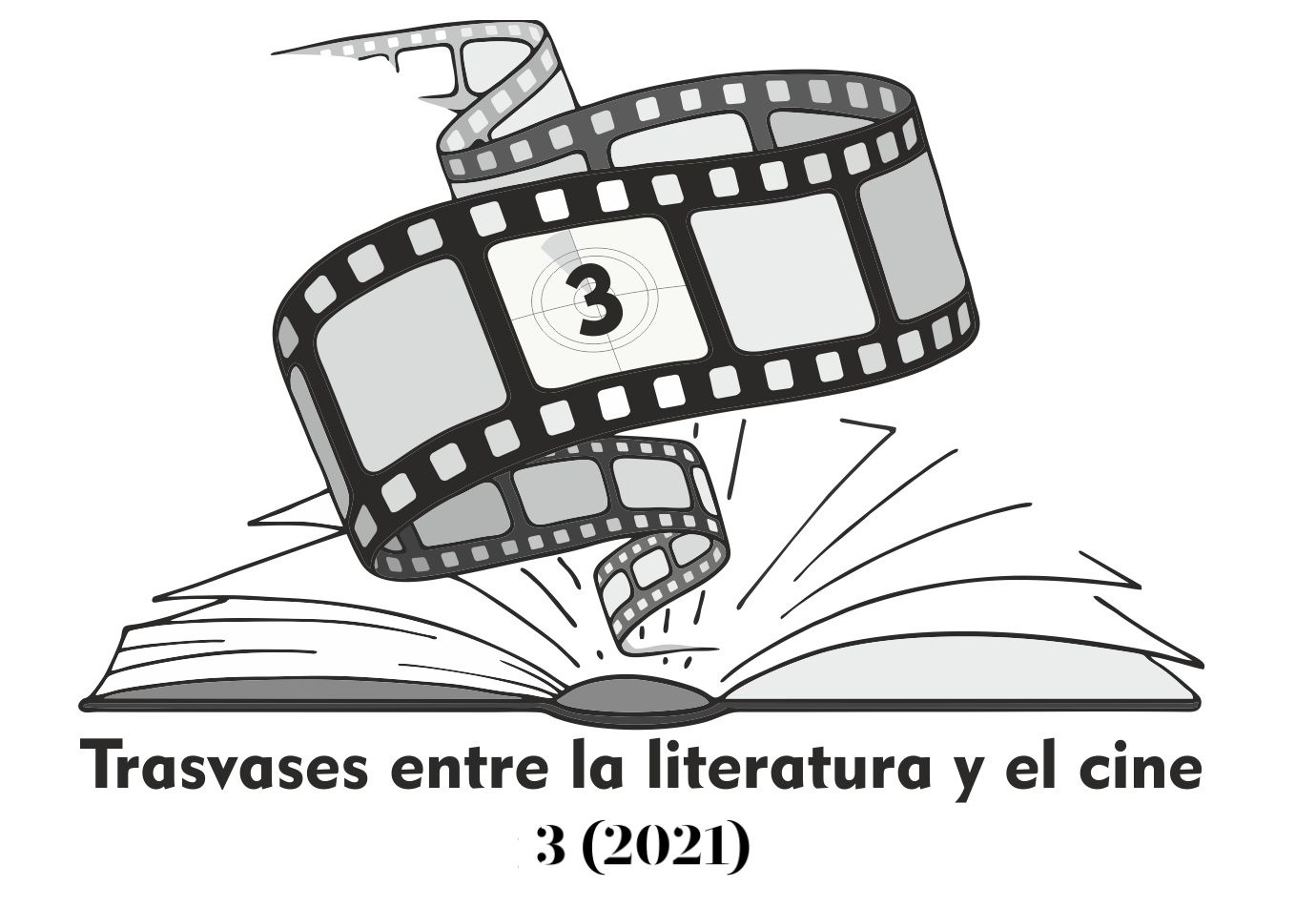Violence and the abject in Bajo este sol tremendo (2009) of Carlos Busqued and El otro hermano (2017, Israel Adrián Caetano)
DOI:
https://doi.org/10.24310/Trasvasestlc.vi3.10629Keywords:
Film adaptation, Systemic and subjective violence, the abject, cinema of the dissapeared, postdictatorship, Carlos Busqued, Adrián CaetanoAbstract
The Argentine director Israel Adrían Caetano made a very good film adaptation of the novel Bajo este sol tremendo (2009) of Carlos Busqued, called El otro hermano (2017), in which the past of the dictatorship is linked to the narrative present through the violence of a former military air force officer. The only desire of this protagonist, called Duarte, is the money he earns with kidnappings and through corruption, which is part of the systemic violence. Duarte is a sordid man, everything in him is horrible and at the same time strangely attractive; this is why he is correlated with the notion of the abject of Kristeva (1982). His representation differs from that of the militaries of the dictatorship in the «cinema of the disappeared», which will be demonstrated by a brief analysis of Garage Olimpo (1999), by Marco Bechis. The abject, contradictory personality of Duarte also characterizes the ambiguity of the violence represented in El otro hermano, which causes the same effects of attraction and rejection in the implicit viewer and leads him to a mediatic and generic reflection.
Downloads
Metrics
Publication Facts
Reviewer profiles N/A
Author statements
Indexed in
-
—
- Academic society
- N/A
- Publisher
- Universidad de Málaga
References
BUSQUED, Carlos (2009), Bajo este sol tremendo, Barcelona, Anagrama.
CHUNG, Jihae (2016), Das Erhabene im Kinofilm: Ästhetik eines gemischten Gefühls, Marburg, Schüren.
KANTARIS, Geoffrey (2005), «Visiones de la violencia en el cine urbano latinoamericano», Cuadernos del Centro de Estudios en Diseño y Comunicación, 18, págs. 39-46.
KRISTEVA, Julia (1982), Powers of Horror. An Essay on Abjection, New York, Columbia UP.
NUNES (2017), «Crónicas de Cineuropa 2017: El Otro Hermano (Israel Adrián Caetano, 2017)», Mola!, s. pág. [En línea: http://mola.gal/cronicas-de-cineuropa-2017-el-otrohermano/. Fecha de consulta: 13/12/2019].
SCHLICKERS, Sabine (2010), «La representación literaria y cinematográfica de las dictaduras militares sudamericanas», Amerika: La Mémoire et ses représentations esthétiques en Amérique latine, 3, s. pág. [En línea: http://amerika.revues.org/1468. Fecha de consulta: 28/10/2020].
ZYLBERMAN, Lior (2013), «Estrategias narrativas de un cine posdictatorial», Revista Afuera, VIII/13, s. pág. [En línea: http://www.revistaafuera.com/articulo.php?id=280&nro=13. Fecha de consulta: 25/08/2020].
Downloads
Published
How to Cite
Issue
Section
License
All authors published in this journal accept the following copyright terms:
a. Authors retain their authors´ rights (copyright) and grant First Publication Rights to the journal, which whill be published under a the Creative Commons Attribution-NonCommercial-ShareAlike 4.0 International (CC BY-NC-SA 4.0) license. All about this license is available in the following link: <http://creativecommons.org/licenses/by-nc-sa/4.0>
b. Authors may separately establish additional agreements for the non-exclusive distribution of the version of the work published in the journal (e.g. including it in an institutional repository, or publishing it in a book) with an acknowledgement of its initial publication in this journal.
c. Authors are allowed and encouraged to disseminate their work electronically (e.g. in institutional repositories or on their own website) as this can lead to productive exchanges, as well as earlier and more extensive citation of published work.
The author is responsible for obtaining permission from the copyright holder when using copyrighted materials.
This electronic journal is published by University of Málaga (UmaEditorial), thus it is necessary to cite the origin of any partial or total reproduction.








22.png)










